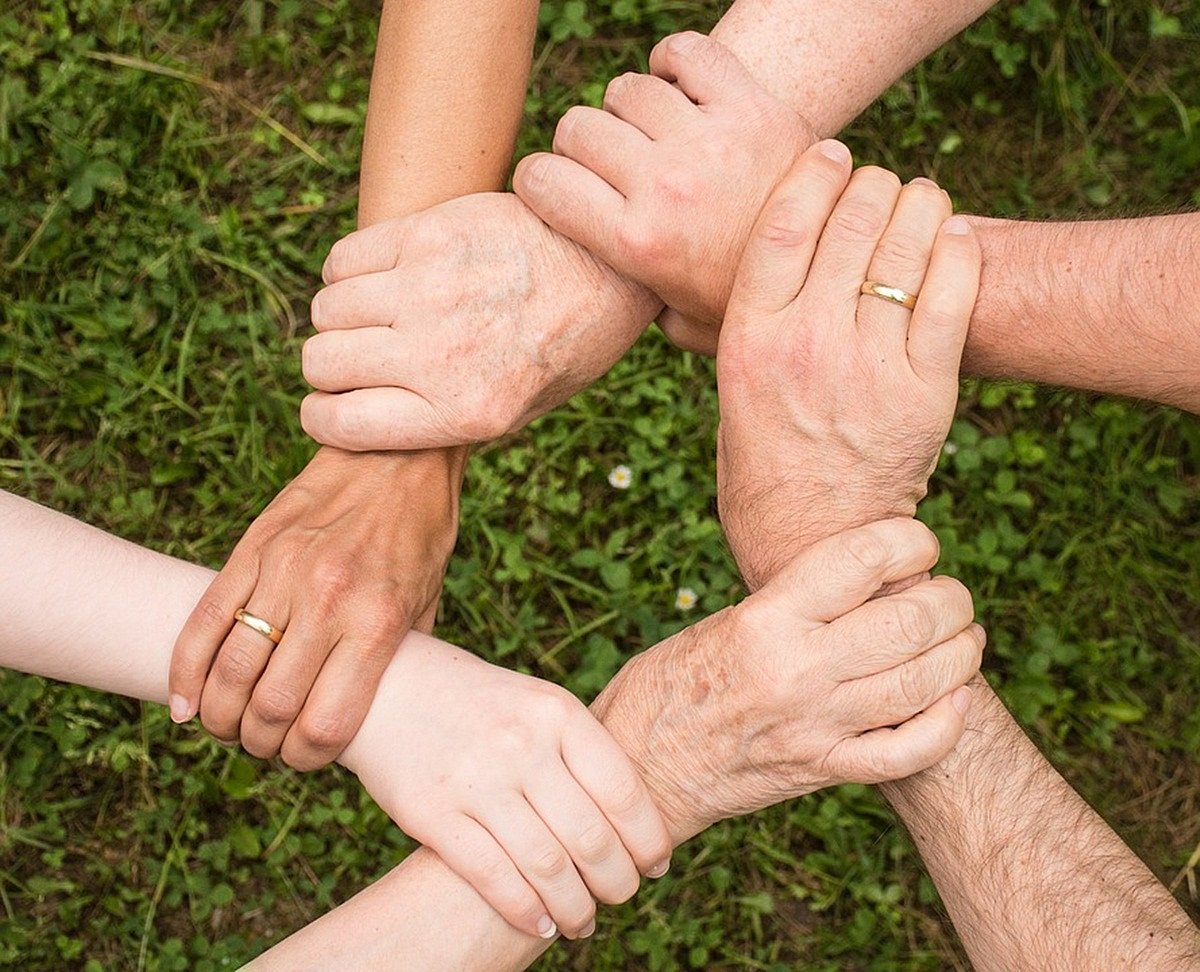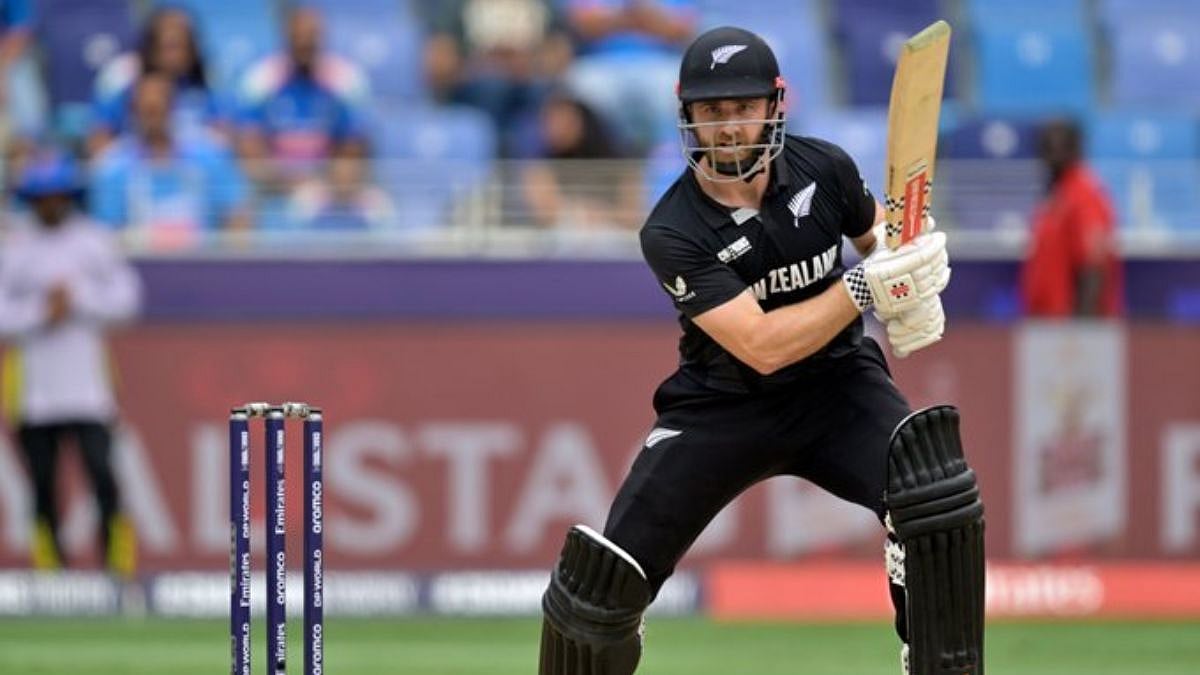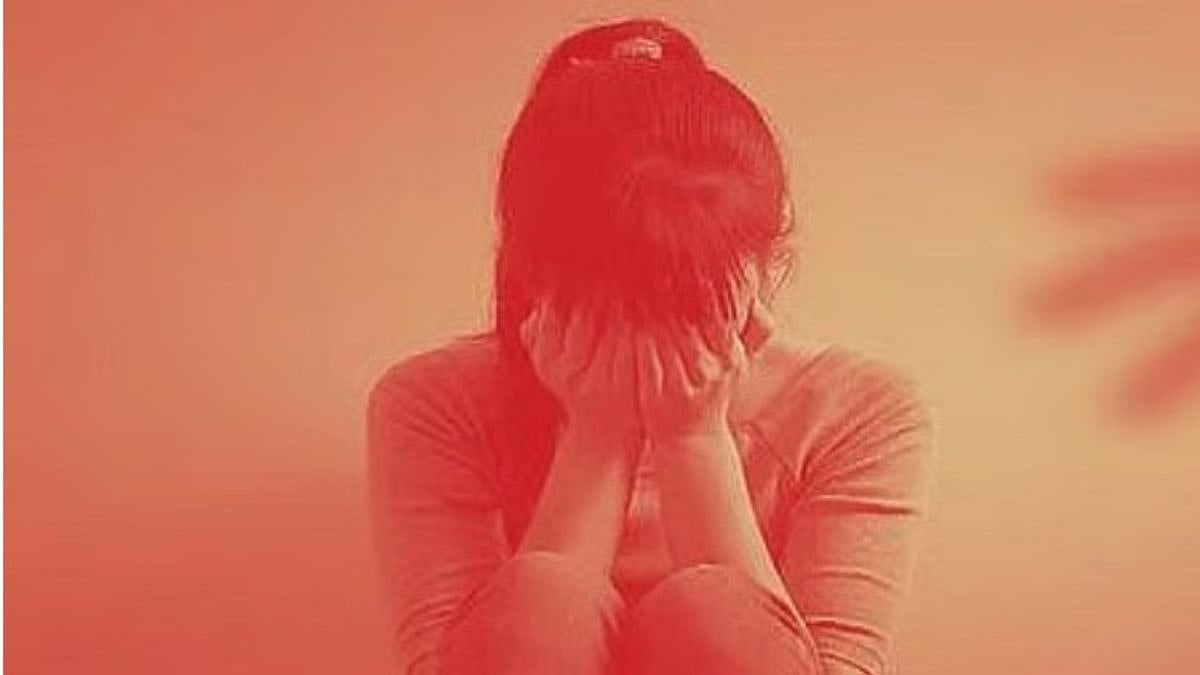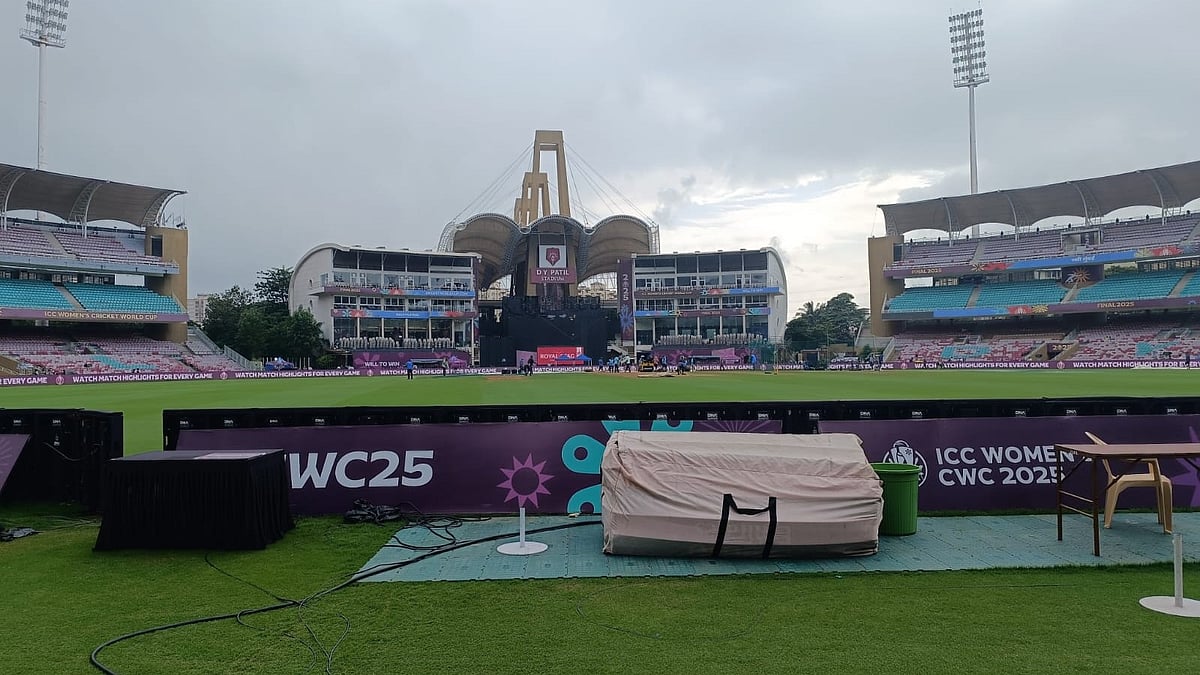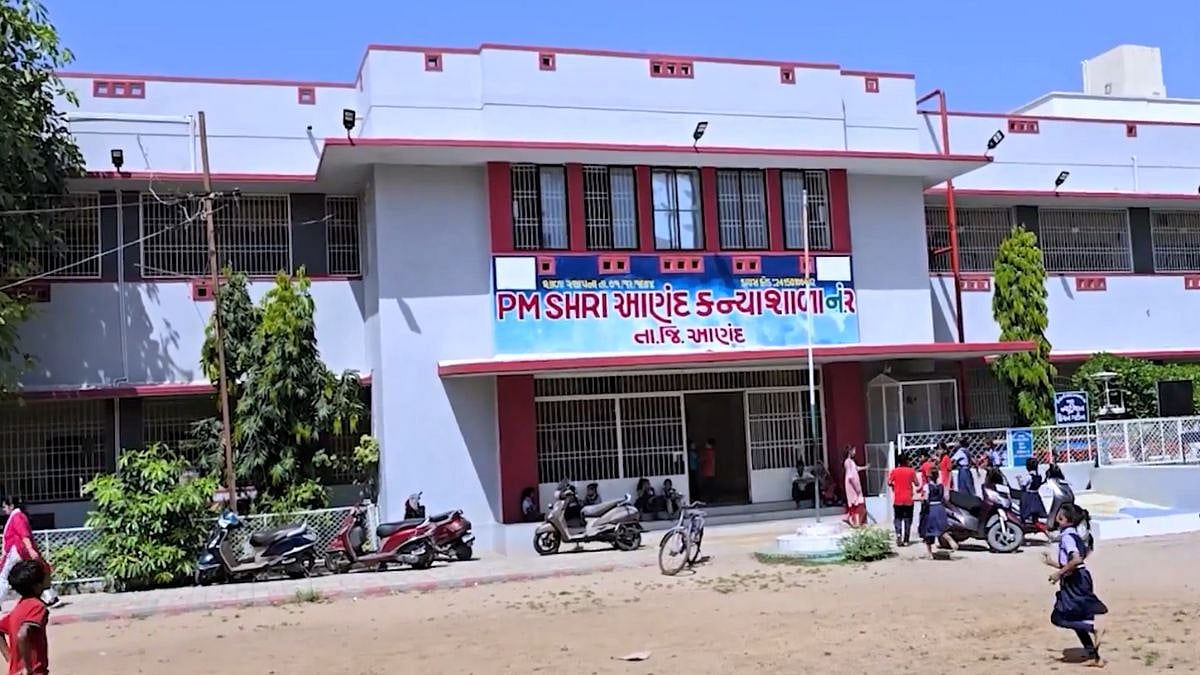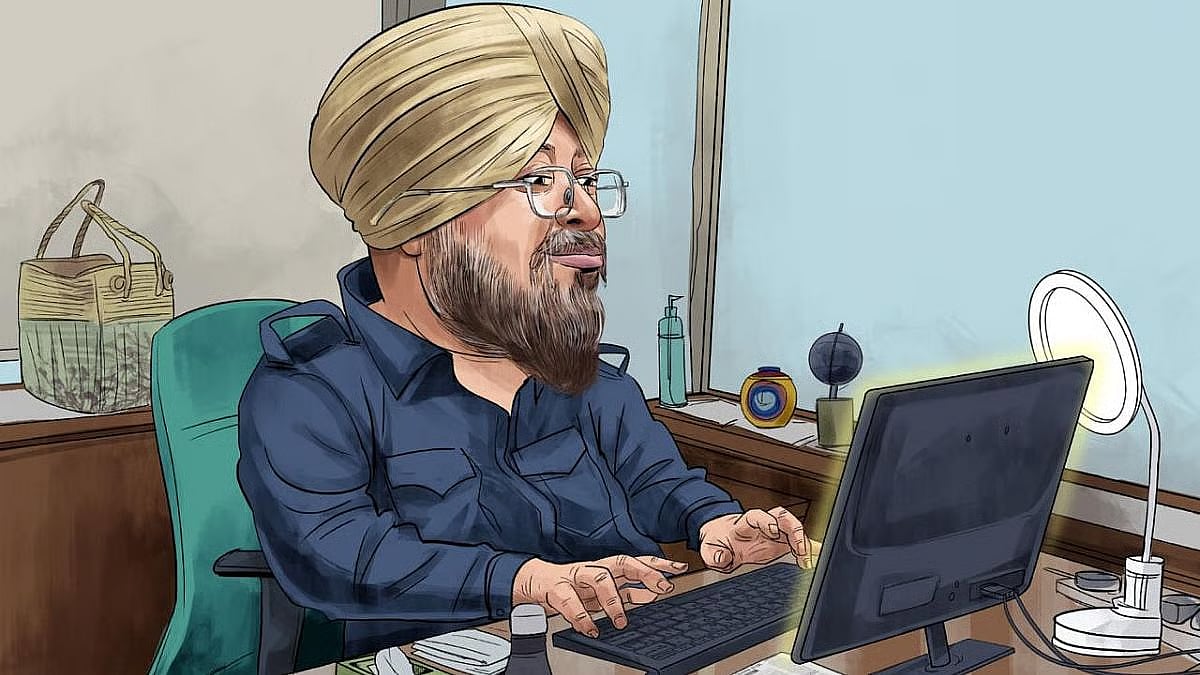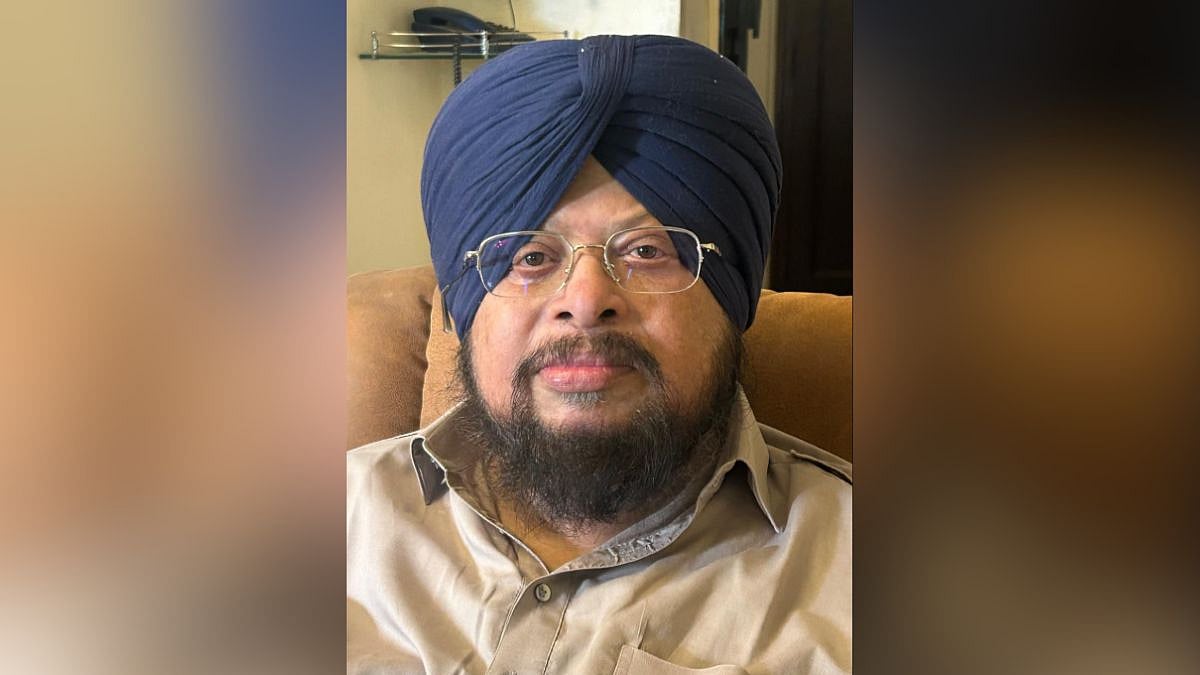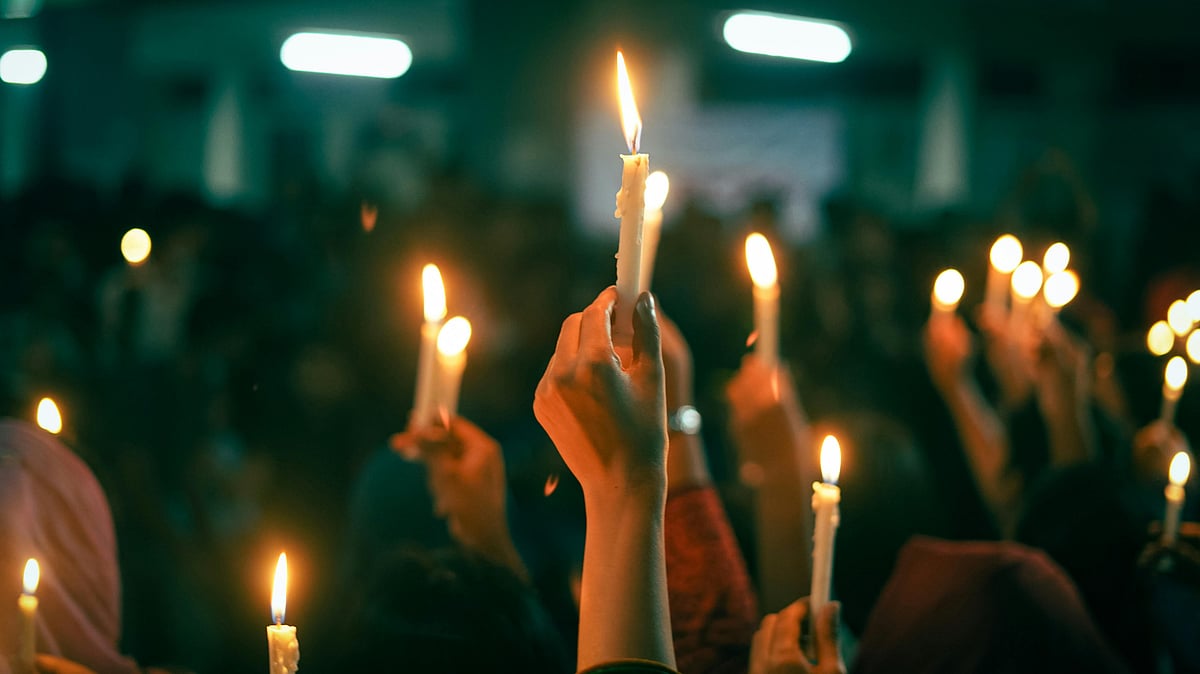The case of Bharatanatyam dancer Mansiya VP is a sad commentary on the growing hatred for the other. She was not allowed to take part in a dance programme at the Koodalmanikyam temple at Irinjalakuda in Kerala’s Thrissur district because she is not a “Hindu." She was born a Muslim but married a Hindu. She also renounced Islam. Today, she does not have a religion that she can call her own. Hinduism is a syncretic religion in which even an atheist finds a place of her own. She had a similar experience at the Sree Krishna temple at Guruvayur. What is strange is that all this happens in a state which is considered to be the most liberal and educated in the country. Interestingly, the temple in question is run by the Devaswom (temple) board led by the Marxists. Earlier, she was boycotted by the Muslim clerics because she chose to study Bharatanatyam, essentially a Hindu dance form. In other words, she is at the receiving end of both religions because she chose to be a dancer and marry a person of her choice. Her personal liberty, sanctioned by the Constitution, allows her to do so. Yet, even when there are no scriptural sanctions against her conduct, she is prevented from performing in a temple compound.
In the neighbouring state, Karnataka, Muslim traders are prevented from taking part in temple festivals, on the call given by some fundamentalist Hindu organisations. Temple, mosque, and church festivals have always attracted people belonging to all sections of society. Where people assemble in large numbers, there are also business opportunities. Stalls selling wares and services are put up by people by paying the prescribed fee. At no time was the religion of the stall owner looked into. It is surprising that the Karnataka government has not taken a stand on this issue after siding with the few who raised the issue of the hijab a few months ago. Instead, it has been hinted that a similar rule was enforced during the Congress regime. Two wrongs do not make one right. Fortunately, two Karnataka MLAs belonging to the BJP have spoken against the demand to exclude Muslim traders. In a democracy, the people should have the right not only to select their rulers but also to choose the shops from which they should buy. Nobody has the right to restrict the choice of shops or merchandise to only one set. Diversity is of the essence in a democracy and any step that strikes at the root of this principle is condemnable. One of the legislators has pertinently asked what would happen if some Muslim countries bar people from a particular community to do business there.
During the second wave of Covid-19, when thousands of people were dying for want of oxygen or ICU care but were not willing to touch the bodies of their own relatives for fear of contracting the dreaded disease, there was an undertaker, Abdul Rehman Malbari, in Gujarat who did the last rites of the deceased, depending upon his/her religion. The bodies were cremated or buried with dignity. Nobody asked him how a Muslim could perform the last rites of a Hindu. Similarly, Sher Singh made the increased burials at Jadid Qabristan in Delhi a possibility. Between the two, they did splendid service. That was also the time when the gurdwaras provided langars of oxygen while even prestigious hospitals tried to shoo away patients.
If death can bring Hindus and Muslims together, why can’t life? Once when the Sabarimala temple, considered one of the greatest pilgrim centres of India, caught fire in the early 20th century, it was a Christian contractor who rebuilt it from scratch. Nobody finds it incongruous that the devout pilgrim first goes to Vavar’s mosque at Erumeli before he climbs the 18 steps that lead to the sanctum sanctorum of the Sabarimala temple. Some of the most popular songs related to the Guruvayur temple where the Bharatanatyam dancer was not allowed to perform were sung by KJ Yesudas, who was born a Christian.
Alas, some fringe elements have been trying to vitiate the social and political atmosphere by harping on the differences between communities, rather than on their commonalities. India has faced many challenges since Independence, including wars, famines, and pestilence and it redounds to the credit of the nation that the people, irrespective of caste or religion, or politics, stood up as one to fight them. Nationalism is not nationalism if it is not inclusive in nature. Fissiparous tendencies need to be rooted out if India has to continue its journey of peace, progress, and prosperity. Religions are, by their very nature, inclusive and the best place to keep God is in one’s own heart. Once this is accepted, the talented are welcome to dance in a temple compound and the competent can do business on festival grounds.
